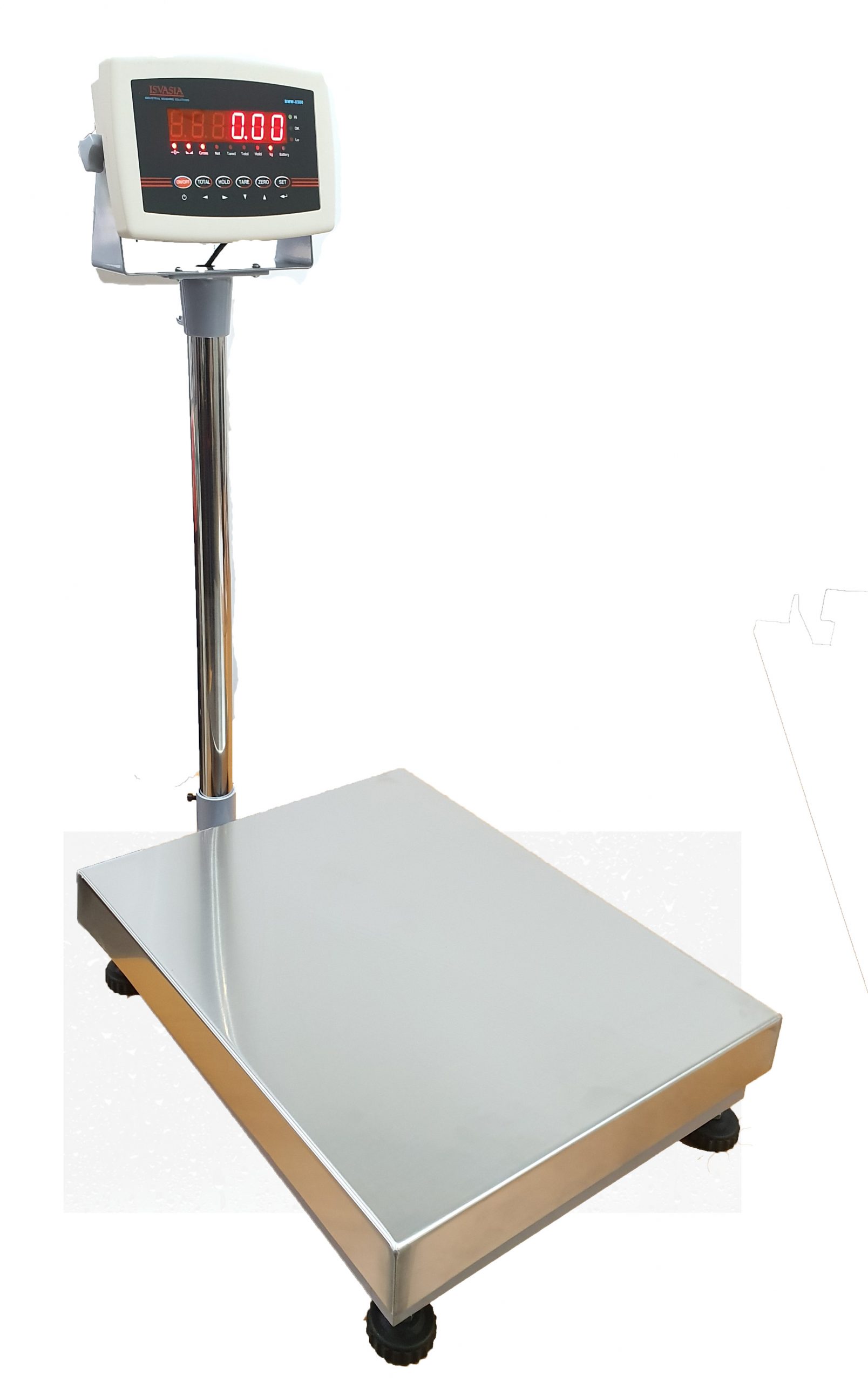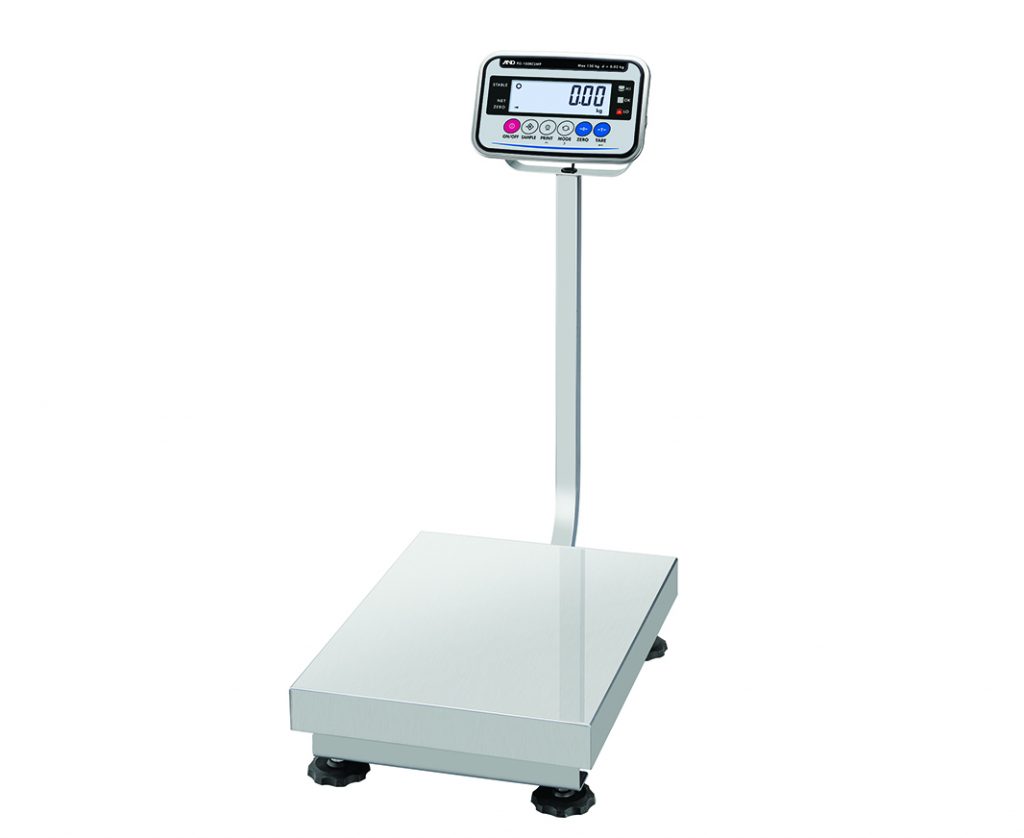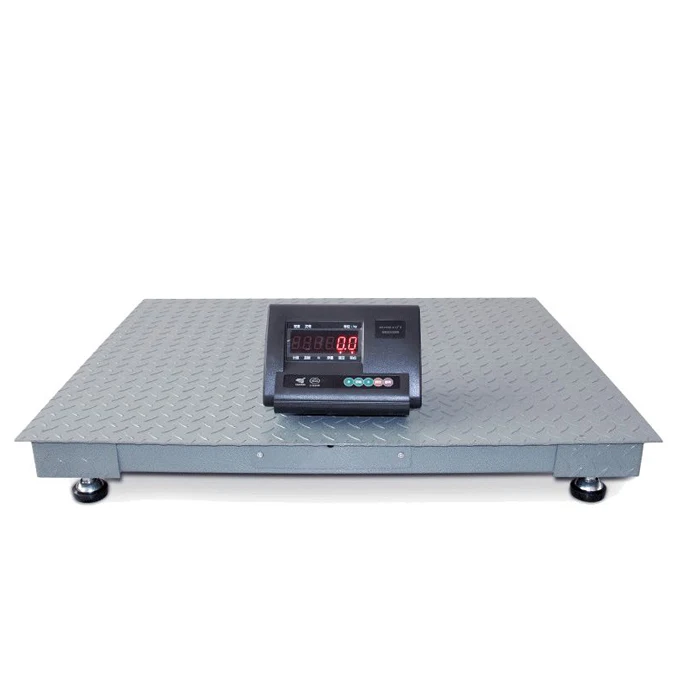Economical and Trustworthy Industrial Scales for Every Company
Economical and Trustworthy Industrial Scales for Every Company
Blog Article

Top Functions to Try To Find in High-Quality Industrial Scales
In the realm of commercial operations, choosing the right scale is vital for guaranteeing effectiveness and accuracy. Secret features such as precision and precision, in addition to durability and develop top quality, play a significant duty in determining the suitability of a range for particular applications. Additionally, factors to consider like load capability, ease of usage, and connection alternatives further boost operational effectiveness. Understanding these aspects is crucial for making an informed choice, yet lots of organizations forget important elements that could influence their efficiency. A closer examination of these attributes discloses insights that could change industrial considering methods.
Accuracy and Precision
Making sure the precision and accuracy of commercial scales is critical for efficient procedures across numerous industries. Exact measurements are essential in sectors such as manufacturing, logistics, and food processing, where even small disparities can result in significant financial losses, jeopardized product quality, or regulatory non-compliance. Top quality industrial scales are developed to supply reputable performance, utilizing advanced modern technology to guarantee specific weight readings.
The calibration procedure is essential in maintaining the accuracy of these ranges. Normal calibration against accredited recommendation weights ensures that any drift in dimension is remedied, thus upholding conformity with sector standards. In addition, making use of high-resolution load cells enhances the range's capacity to discover minute weight modifications, even more enhancing its accuracy.

Toughness and Develop Quality
Durability and build high quality are important variables that establish the longevity and dependability of commercial scales popular settings. Industrial ranges are usually subjected to rough problems, consisting of direct exposure to dirt, wetness, and hefty loads. The products made use of in their building and construction play a crucial function in guaranteeing they can withstand these difficulties.
High-grade industrial scales typically include durable real estates made from materials such as stainless steel or light weight aluminum, which not just supply structural stability but also stand up to rust and wear. Furthermore, attention to detail in the design, such as enhanced corners and shock-absorbent feet, can enhance resilience and protect delicate elements from damage.
Furthermore, state-of-the-art elements, consisting of tons cells and electronic components, add to the general build high quality. These parts need to be developed to tolerate temperature changes and vibrations frequently found in commercial settings. Ensuring proper ingress security (IP rating) is additionally important, as it indicates the range's capacity to withstand dust and fluid exposure.
Eventually, selecting industrial scales with superior resilience and develop high quality will result in a much more dependable, lasting option that fulfills the rigorous needs of numerous industrial applications.
Lots Capacity and Array
When selecting commercial scales, comprehending their lots capability and array is important for meeting specific functional needs. Tons ability describes the optimum weight that a scale can properly gauge, while the range suggests the spectrum of weights Extra resources the scale can deal with effectively. It is vital to select a scale that not only fulfills existing needs but additionally suits possible future demands.
Various sectors have one-of-a-kind weight dimension demands. For instance, a production center might call for ranges with the ability of evaluating hefty machinery elements, while a research laboratory may only require scales for lighter materials. Choosing a scale with a suitable tons ability ensures precision and precision, avoiding straining that might lead to tools damage or inaccurate analyses.
In addition, it is necessary to take into consideration the step-by-step sensitivity of the range within its range. A scale that can determine both light and heavy weights precisely can improve functional performance, permitting versatile applications. Buying ranges with proper load capacity and range substantially adds to performance, compliance with market criteria, and overall operational integrity. As a result, extensive assessment of these specs is vital prior to purchase.
Simplicity of Usage and Maintenance

In addition to user-friendliness, ease of upkeep is an additional crucial element to take into consideration. Scales that are designed with available components help with regular upkeep jobs such as battery, calibration, and cleansing replacement. A modular layout can better simplify these procedures, enabling fast repair services and very little downtime.
In addition, the products used in the construction of industrial ranges play a considerable duty in upkeep. Scales made from durable, corrosion-resistant products are simpler to clean and less vulnerable to damage, which expands their life expectancy and decreases overall operational costs.
Routine maintenance schedules, led by the manufacturer's referrals, are vital for ensuring optimum efficiency. By prioritizing simplicity of usage and upkeep, organizations can make certain that their industrial ranges stay effective, dependable, and effective devices in their procedures. This causes boosted efficiency and a much more reliable process.
Connection and Integration Options
Integrating commercial ranges into existing functional frameworks is significantly boosted by durable connectivity alternatives. Top quality industrial scales ought to offer several connectivity techniques, including USB, Ethernet, and wireless choices such as Wi-Fi or Bluetooth. These attributes promote smooth information transfer to main data sources, ERP systems, or cloud systems, enabling real-time surveillance and reporting.
Additionally, progressed integration options allow for compatibility with existing tools, such as printers or barcode scanners, boosting and simplifying procedures process performance. Ranges that support industry-standard protocols, such as Modbus or RS-232, can conveniently communicate with various devices and systems, ensuring a natural operational setting.
One more essential facet is the capacity to integrate with software application options that evaluate and picture information - Industrial Scales. Scales furnished with APIs or software program development packages (SDKs) provide companies the versatility to customize capabilities tailored to their particular requirements
Last but not least, taking into consideration future scalability is vital; choosing ranges that can adapt to developing technological improvements ensures long-term worth and minimizes the requirement for pricey substitutes. In summary, reviewing connectivity and integration options is vital when picking high-quality industrial scales that will boost operational effectiveness and data management.
Conclusion
To conclude, choosing premium commercial scales demands cautious click site factor to consider of a number of crucial functions. Accuracy and precision make certain trustworthy dimensions, while sturdiness and build high quality enhance resilience in challenging atmospheres. Ideal lots ability and array cater to varied sector needs. In addition, convenience of usage and upkeep advertise operational effectiveness, and robust connection alternatives assist in seamless data integration. Prioritizing these characteristics eventually brings about boosted efficiency and lasting value in industrial applications, enhancing the relevance of educated decision-making in scale selection.
In the realm of industrial procedures, choosing the right scale is important for making certain efficiency and accuracy.Guaranteeing the accuracy and precision of industrial ranges is paramount for efficient procedures across numerous sectors. Load ability refers to the optimum weight that a scale can precisely measure, while the range shows the range of weights the range can handle efficiently. A manufacturing center might require ranges capable of evaluating heavy machinery parts, while a laboratory could just need scales for lighter products. By prioritizing simplicity of usage and upkeep, organizations can guarantee that their commercial ranges continue to be effective, trusted, and reliable tools in their procedures.
Report this page